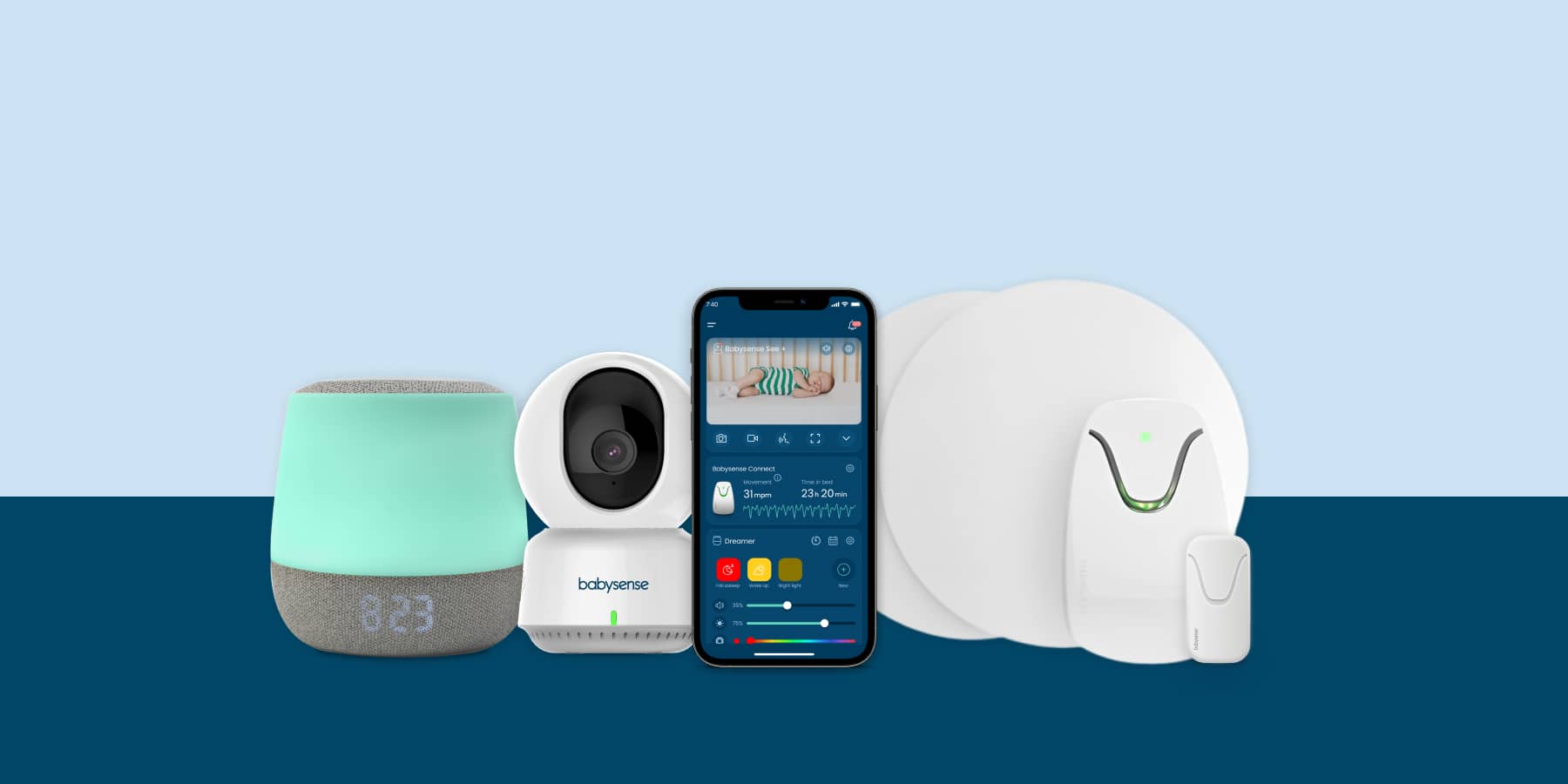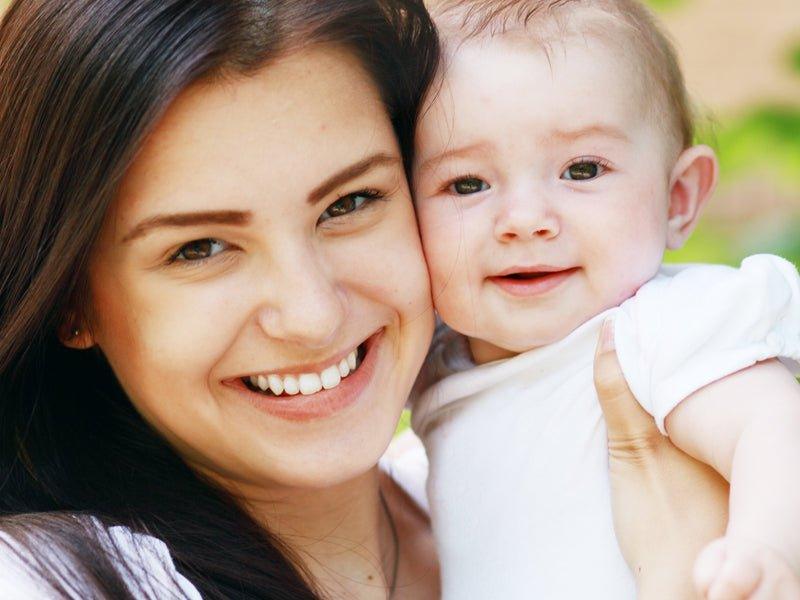Few sounds penetrate our ears in quite the way the sound of crying baby does! Just spend a little time on a flight near a bawling newborn or screeching toddler to feel the levels of tension and panic rise for all nearby.
As a mother, you are preprogrammed to respond physically to your baby’s cry. You may find that your blood pressure rises, milk letdown can be induced and your heart beats a little faster when you hear your baby cry.
New parents are relatively unprepared for the amount babies cry and the feelings it will induce. It may amaze you to know that on average young babies (under four months old) cry for three hours a day! That is an enormous amount of crying a parent has to contend with. But stats mean nothing until you are face with a fussing baby!
In the stressed moment of dealing with your crying baby, you need a simple 3 step approach to stop the crying.
Step #1 Try to figure out what is upsetting your baby by process of elimination establish whether your baby:
- Is hungry
- Needs to burp
- Is uncomfortable
- Has a wet nappy
- Is in uncomfortable clothing
- Is too hot or too cold
- Is sick
- Is running a fever
- Is in pain
- Rubbing eyes
- Sucking hands
- Tugging ears
- Looking away
- Hands to mouth
- Looking away
- Looking at mom
- Grabbing security toy
- Sucking pacifier or hand
- Bringing hands to midline








